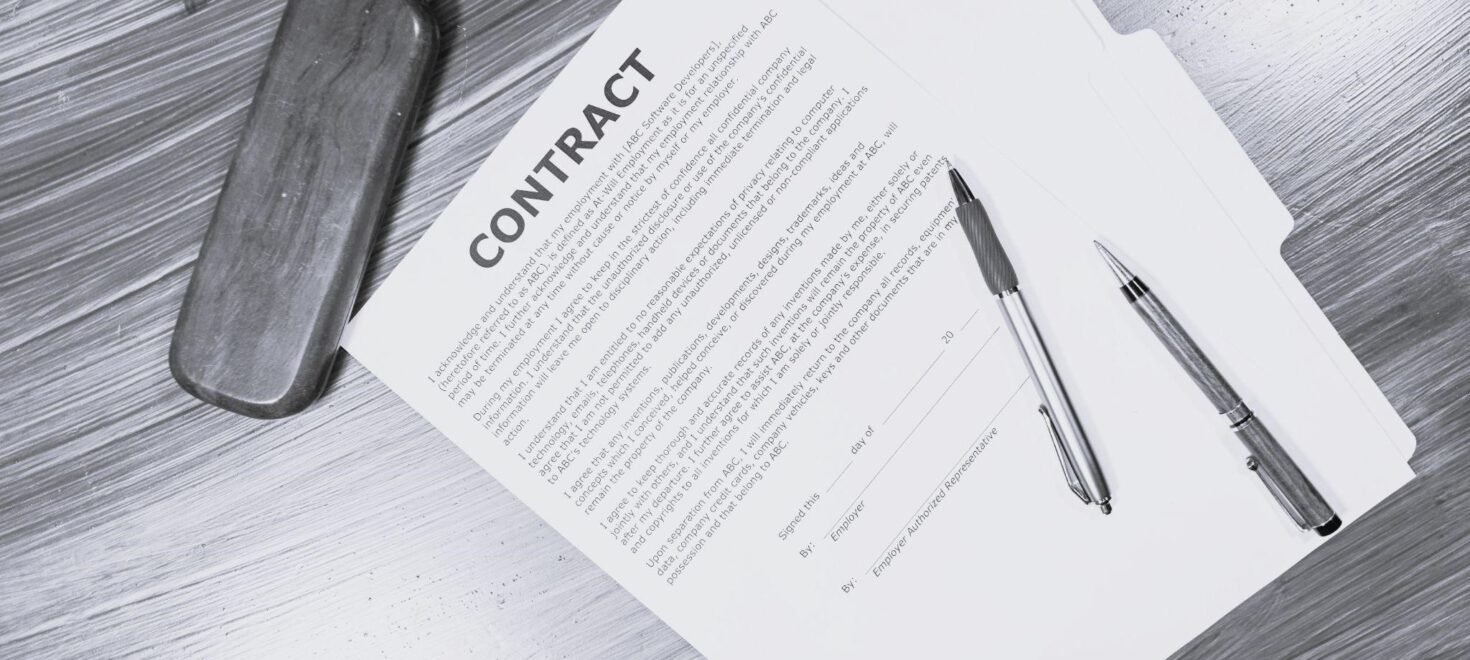Simply put, due diligence is a business evaluation conducted before a transaction. The transaction can be anything from a corporate merger to a purchase of securities. The aim is to identify potential risks, opportunities, and liabilities, allowing stakeholders to make informed decisions regarding the transaction process. The evaluation includes things such as the business’s finances, its market prospects, and any legal issues.
Typically speaking, there are three types of due diligence: commercial due diligence, financial due diligence, and legal due diligence. This guide will explore their differences and share steps on how to conduct due diligence on a company.
The Purpose of Due Diligence
At its core, due diligence aims to mitigate risk and uncover potential issues. The level of detail required depends on the company analysis conducted. It could be for an M&A (mergers and acquisitions) transaction, an investment opportunity, or a partnership. Regardless of the purpose, due diligence provides insights that can affect the company’s valuation, highlight risks, and ensure regulatory compliance. The evaluation is conducted by the party considering the transaction and is made before the purchase agreement is negotiated.
Types of Due Diligence
The nature of a transaction determines the type of due diligence needed. Typically, there are three major types of due diligence.
1. Commercial Due Diligence
Commercial due diligence is a business evaluation based on several related factors, including market share, competitiveness, prospects, and growth opportunities. The company’s supply chain – from vendors to customers – is analysed as well as the sales and R&D (research and development) pipelines. To be comprehensive, the company’s overall operations are considered, including management and resources.
2. Financial Due Diligence
Financial due diligence begins with auditing the company’s financial statements and books. Their accuracy is investigated and they are inspected for irregularities.
Company analysis also includes profit margins, fixed and variable cost analysis, customer account verification, and analysis of internal control procedures. Furthermore, the company’s financial footing is assessed to verify whether it can pay outstanding debt and secure more financing.
3. Legal Due Diligence
Legal due diligence makes sure that the company is complying with all legal and regulatory standards. This includes pending litigation, intellectual property rights, and the incorporation of the company. For M&A (mergers and acquisitions), legal due diligence is considered mandatory. M&A due diligence inspects all material contracts including loan and bank financing agreements, licensing or franchise agreements, and partnership agreements.
Steps on How to Conduct Due Diligence on a Company
Effective due diligence is essential for minimizing risks during business transactions. A step-by-step approach can be broken down as follows:
Step 1: Assemble a Team
A specialised team consisting of financial analysts, legal advisors, operational experts, and compliance specialists is necessary for conducting company analysis. The team’s size will vary depending on the type of project, but it is essential that a project manager be appointed to oversee the process. Not all teams are in-house. Many companies today benefit from seeking external expertise and outsourcing some of the work to ensure an independent and objective business evaluation.
Step 2: Collect Documentation
To make the necessary assessments, proper information is needed. This will include critical documents such as financial statements, legal agreements, operational procedures, and compliance reports. Such documentation will assist the team in assessing the viability of the transaction and helps verify the company’s condition.
Step 3: Seek Accuracy and Completeness
Any documents collected must be cross-referenced and verified for accuracy. External auditors can be hired and confirmation can be sought from counterparties. Site visits and inspections are also helpful and help verify the company’s operational status.
Step 4: Perform Post-Due Diligence
Once the transaction begins, the company must monitor the progression of the deal. If an issue arises, remediation can be sought, such as renegotiating the terms and conditions. It is necessary to monitor the integration of assets and operations to ensure things happen smoothly. A post-company analysis can also be conducted to ascertain the effectiveness of the due diligence and gain insights for future deals.
Tips to Keep in Mind
In order to ensure the success of due diligence, there are some important tips to keep in mind.
1. Be serious
It’s important to pay serious attention to all information and findings. Some buyers overlook information that contradicts their excitement about a transaction, leading to future regret. For instance, if sales are declining and the vendor cannot explain it convincingly, it may be a red flag. While conflicting data is normal, the key is to minimize post-transaction surprises, especially significant risks.
2. Mitigate risks
If the process reveals risks, it’s crucial to look for solutions. For example, retaining key employees may involve offering employment contracts with incentives. In cases of high supplier concentration, assess if it’s an industry-wide issue or just specific to this business. However, some risks may be impossible to mitigate. For example, if a single customer accounts for 80% of sales, reducing that risk is challenging.
3. Negotiate the purchase agreement
Due diligence is meant to assist a buyer with finalising the purchase agreement. Using a lawyer helps with this. Financial due diligence helps validate the price, while legal and commercial assessments guide the creation of representations and warranties. These provisions cover critical aspects such as responsibility for tax liabilities, the condition of assets, and contract assignments. Having a lawyer oversee the negotiation of these agreements will help mitigate problems in the future.
Investment due diligence is a meticulous but vital process to ensure informed decision-making, helping stakeholders uncover those often overlooked risks and opportunities. Axial’s commercial due diligence helps prevent costly mistakes, steering investors towards favourable outcomes. Contact us to learn how we can empower you to make well-informed decisions.


Leave a Comment